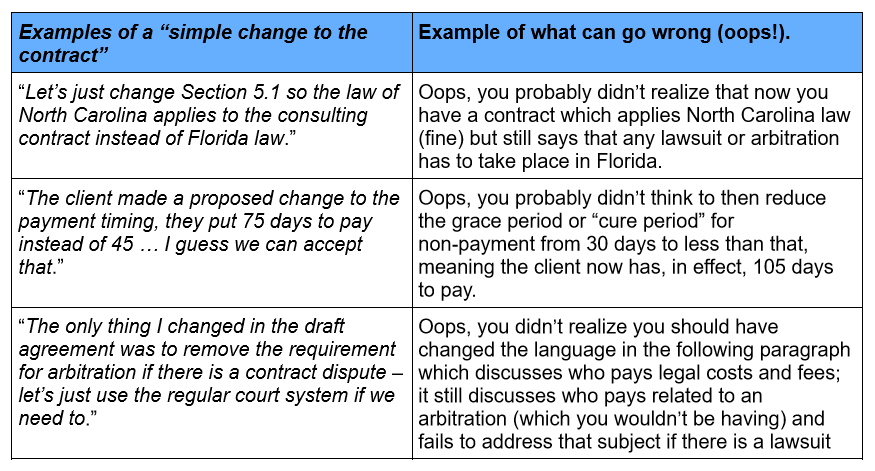Legal Opinion Letters Vs. Legal Advice: What’s The Difference?
This article is one installation in a seven part blog series by McGrath and Spielberger on Legal Opinion Letters. Here are links to the other posts in this series: Part 1, Part 2, Part 3, Part 4, … Part 6, Part 7.

Although they sound similar, legal opinion letters differ from personalized legal advice. While advice is typically confidential and tailored to a client’s unique situation, opinion letters are often meant to be shared with third parties.
Primary Purpose.
- Legal Opinion Letter: reassurance and confirmation
- Legal Advice: guidance and recommendations
Intended Recipient / Audience.
- Legal Opinion Letter: usually other persons / businesses in addition to the client
- Legal Advice: usually just the client
Confidentiality.
- Legal Advice: typically intended to be confidential and only between the lawyer and the client.
- Legal Opinion Letter: usually intended to also be shared with persons / businesses other than the lawyer and the client.
Understanding this distinction can help businesses decide when an opinion letter is the appropriate tool or whether its legal advice which is more applicable.
Please reach out our law firm, McGrath and Spielberger, if you’re interested in a legal opinion letter.


 x
x


 Landlord/tenant laws cover rights and responsibilities each tenant and landlord has in their specific state. Because Florida is one of the best states in the country to invest in property, you may be considering buying an investment property. Before you do, you should understand Florida rental laws and consider certain aspects to better protect yourself and your investment, especially in the time of COVID-19.
Landlord/tenant laws cover rights and responsibilities each tenant and landlord has in their specific state. Because Florida is one of the best states in the country to invest in property, you may be considering buying an investment property. Before you do, you should understand Florida rental laws and consider certain aspects to better protect yourself and your investment, especially in the time of COVID-19.